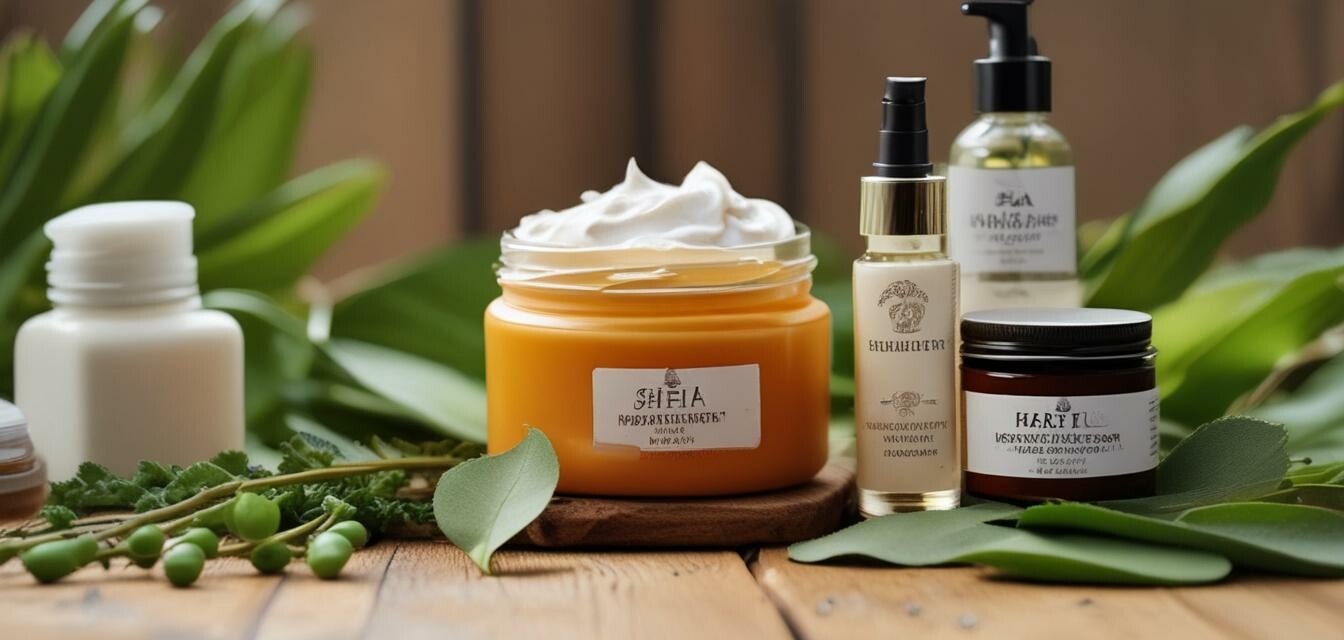
The best ingredients for moisturizers designed for Black skin
Key Takeaways
- Understanding key ingredients can help in selecting effective moisturizers for Black skin.
- Hydrating elements like shea butter, glycerin, and hyaluronic acid are vital.
- Natural oils such as coconut and jojoba oil provide lasting moisture.
- Always check for allergy sensitivity to new products.
- Consider additional factors such as skin type and environmental conditions.
When it comes to skincare, choosing the right moisturizer is crucial, especially for Black skin. The unique characteristics of Black skin require special attention to hydration and nourishment. This guide will delve into the best ingredients to look for in moisturizers, ensuring that you can make informed decisions for your beauty routine.
Understanding Black Skin
Black skin tends to be thicker and often has more pigmentation compared to other skin types. While it can be more resistant to signs of aging, it is also prone to dryness and hyper-pigmentation. Therefore, the right moisturizer should focus on enhancing moisture and promoting an even skin tone.
Essential ingredients for effective moisturizers
Below, we have compiled a list of key ingredients that are particularly beneficial for Black skin:
| Ingredient | Benefits |
|---|---|
| Shea Butter | Deeply hydrating, rich in vitamins A and E, nourishing the skin and improving elasticity. |
| Hyaluronic Acid | Can hold up to 1000 times its weight in water, providing intense hydration. |
| Glycerin | A natural humectant that draws moisture from the environment and keeps skin hydrated. |
| Aloe Vera | Soothing and anti-inflammatory properties that help calm irritated skin. |
| Coconut Oil | Provides a protective barrier and locks in moisture effectively. |
| Jojoba Oil | Works well with the skin’s natural oils, providing moisture without clogging pores. |
How to choose the right moisturizer
When selecting moisturizers, consider the following factors to ensure you choose a product that meets your skin's needs:
- Skin Type: Is your skin oily, dry, or combination? Choose products that complement your skin type.
- Check Ingredients: Always read ingredient labels. Avoid harsh chemicals that may irritate your skin.
- Seasonal Changes: Your moisturizing needs may change with the seasons, requiring richer formulations in winter and lighter ones in summer.
- Patch Test: Always perform a patch test before fully incorporating a new product into your routine to avoid adverse reactions.
Common misconceptions about moisturizers
Many myths surround the use of moisturizers. Here are a few misconceptions that need clarification:
- Myth 1: Oily skin doesn't need moisturizer.
Fact: All skin types need moisture, but choose oil-free formulations if you have oily skin. - Myth 2: All natural ingredients are good for the skin.
Fact: Not all natural ingredients are suited for everyone; know your skin's needs. - Myth 3: More expensive products are always better.
Fact: Some affordable products effectively nourish the skin; quality varies more than the price.
Final thoughts
Moisturizing Black skin is vital for maintaining its health and radiance. With the right ingredients, you can ensure deep hydration and nourishment. Understanding your skin’s unique needs and the benefits of various product components will empower you to make better purchasing decisions. For more tips on skin care tailored to black skin, check out our News and Trends section.
Pros
- Promotes deep hydration and nourishment.
- Helps maintain elasticity and youthfulness.
- Can reduce hyper-pigmentation when used regularly.
Cons
- Some ingredients may cause allergic reactions.
- It may take time to see results.
- Finding the right product can be trial and error.
Beginner's tips
- Start with a basic moisturizer and introduce new ingredients gradually.
- Keep a skincare journal to track how your skin reacts to different products.
- Stay hydrated by drinking plenty of water for overall skin health.
For more insights on skincare products and choices suited for your needs, visit our dedicated section.